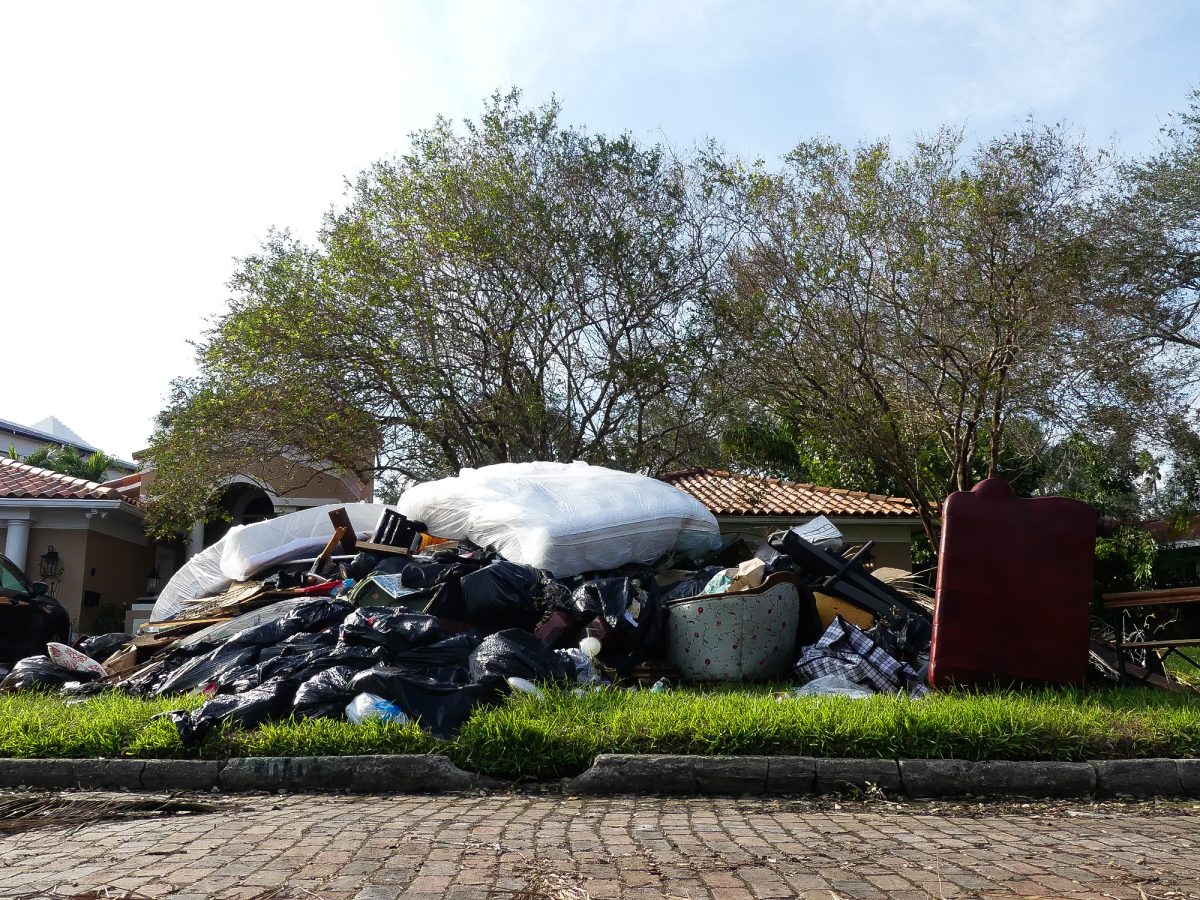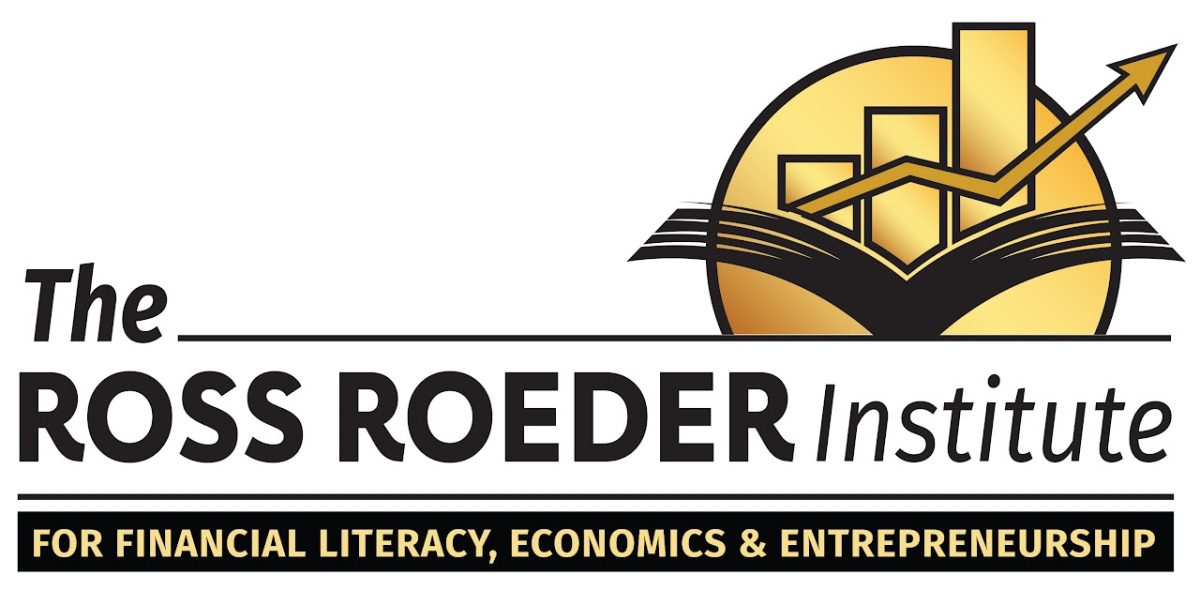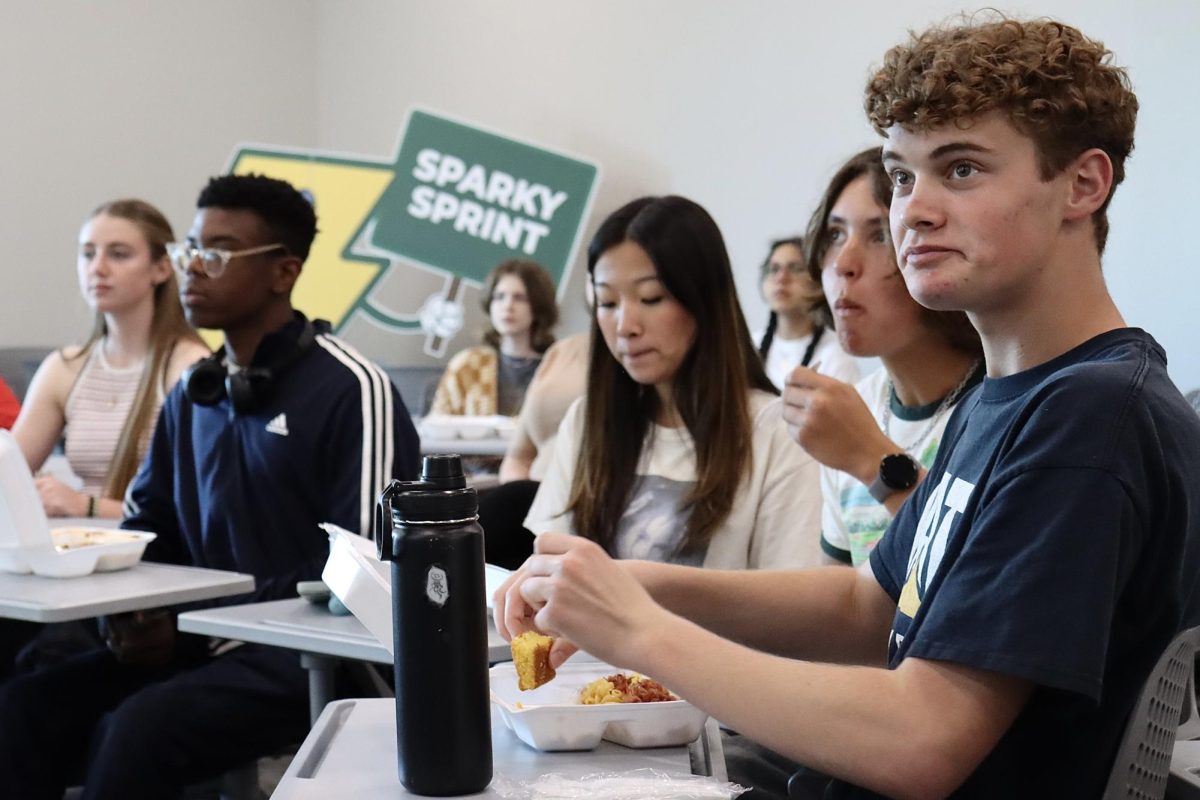Mark Zuckerberg, Jeff Bezos, Tim Cook, and the mighty Elon Musk flanked President Donald Trump on his January 20th inauguration, inches away from Trump’s family and the former cabinet members.
This is what our country wants to show off. This is what President Trump wanted to show his millions of followers, many of whom live below the poverty line. This is who Trump has in his best interest.
Now months from the inauguration, nothing has changed, and the desire for money is continuing to grow. From ten-year-olds spouting “I’m gonna be rich” to TikTok calling Elon Musk “Trump’s boyfriend,” it feels that our world is barely spinning–only moved by the aggressive swipe of a crisp platinum AMEX card.
There’s been big talk in politics about the U.S. becoming an oligarchy: a term used to
describe a government only controlled by a few powerful people. People are fearful that
our so-called “democracy” will be overrun by the top one percent.
Director of The Ross Roeder Institute Earl Walton said, “The challenge is that the way our [political] system is set up, it rewards finances. You have money, you get elected, you have the money to run a campaign, you have the money to hire staff, you have the money to buy advertising, you have the money. And, I think that’s the flaw in our system.”
To comfort these concerns, though…news flash! Rich people have always held the power in this country. What’s concerning now is that the power the rich possess is so public and normalized in our modern society. This was seen firsthand in the front rows of the inauguration.
At a school like Shorecrest, where you’re likely to find many parents in the top 10 percent of wage earners, this intense focus on obtaining large sums of money has also been reaching students from the ages of 10-18.
Students open their laptops to their newest obsession…stock trading and starting businesses.
Yup, this is the new thing in the Upper School. If you were to walk through the halls of Shorecrest and really listen, you might just end up with some advice on where to buy stocks for the day from a 16-year-old.
Sophomore Rowen Stuteville has become increasingly interested in economics this year. He said, “There’s not a downside to [practicing] it. Like, once you get good at it, it’s one of the best side hustles there is.”
This focus on economics is likely related to the age of consumerism we find ourselves in. Where children are being injected with this addictive concept to BUY, BUY, BUY. The only way these kids feel they’ll be fulfilled is with a future full of money.
LS Fourth Grade Teacher Colette Husenitza sees a similar sentiment in many of the girls in her class, who frequently come into school wearing multiple make-up products, talking about the most recent Sephora product.
“I think that kids are so focused on the fact that the only way you can be okay in life is if you make [lots of] money,” she said. Husenitza also recalls students talking of their future lives, filled with large sums of money.
Besides the obvious rise of consumerism brought about by late-stage capitalism seen in the U.S., this obsession with money may be brought on by the media. According to a July 2019 study by the Harris Poll, 29% of kids reported wanting to be a YouTuber when they grow up. This is most likely connected to the rise of creators like Mr. Beast and streamers, who seem to always be drowning in designer goods and new Beverly Hills houses.
In this generation, children can’t even play a game, watch a show, or search something on the internet without seeing an ad.
“And the issue is that if you go online, and you just do a little research on something, you [suddenly] get four ads about that product, so I think it can be toxic,” said Walton. “It can be dangerous for you to constantly feel like you can’t do [anything] the same way that we see [online].”
A study by the University of Pennsylvania showed that money is directly linked to increased control, something hard for many to let go of. This is especially true at prep schools like Shorecrest, where kids may be used to the control they’ve grown up with. Their parents likely have had the money to control things like their education, the way they eat, and how they dress.
It appears impossible to escape the cycle of wanting money because people can’t escape their deep desire for control. Over everything.
In the world as a whole, we must realize where capitalism and the need for billions
really comes from. We’re living in a place where impact loses power. People no longer seem to care about helping other people because impact doesn’t bring in the big bucks.
But, that’s not to say that every rich person is telling you to “eat cake.” Every child at Shorecrest graduates with over 100 hours of community service. However, it feels these student’s intentions are being botched because the worldwide culture centered on money is weakening these students’ strides.
“When you think about your career, you want to think about the impact you’re going to make on the world. And, it may be that you work in finance, and you make a lot of money, but how are
you going to use that money, and what’s the impact you’re going to have? Are you just going to go and buy nice cars? That’s fine, but what else are you going to do? I think if people focus more on impact versus income, that might be a better way to approach your careers,” said Walton.
So, let’s lose this billionaire-centric mindset and live our lives choosing impact, free from the mindless gain and loss of money.

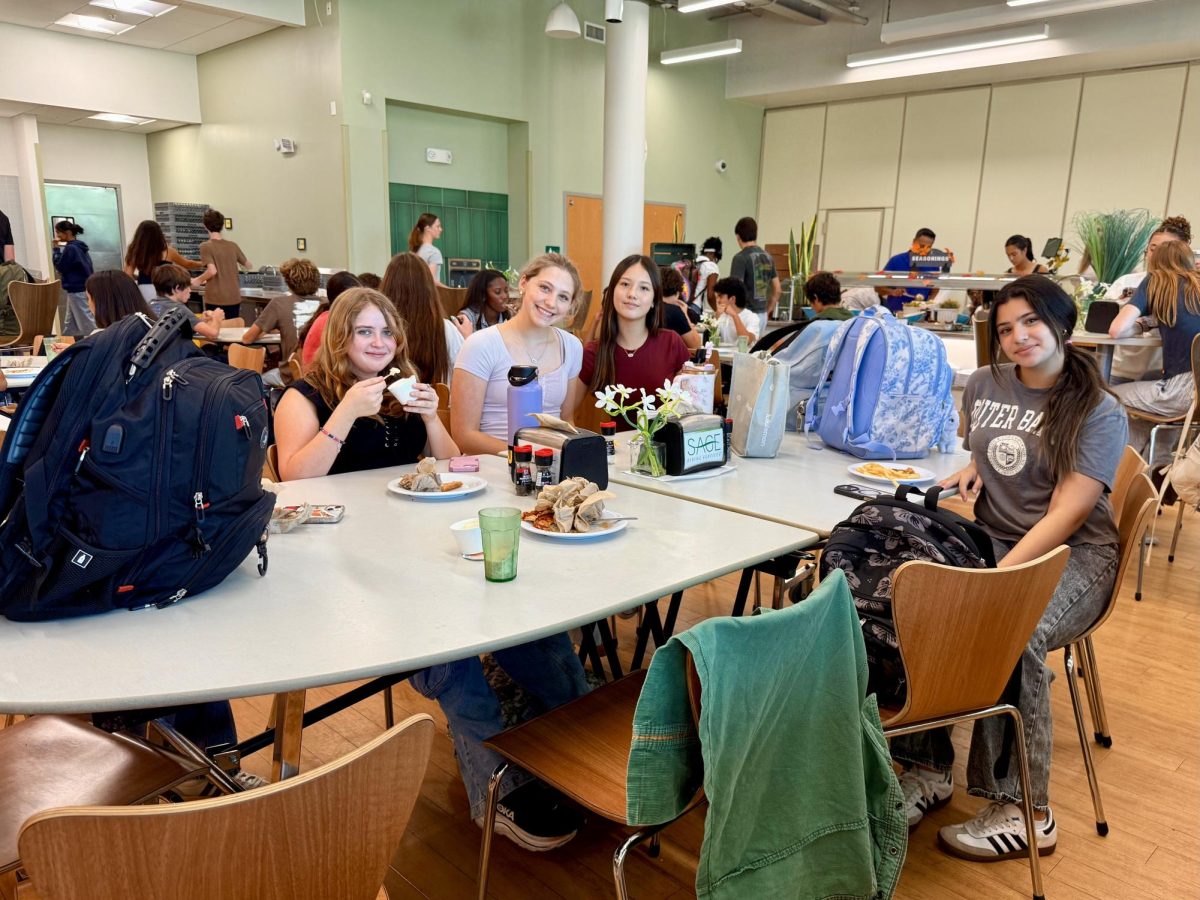

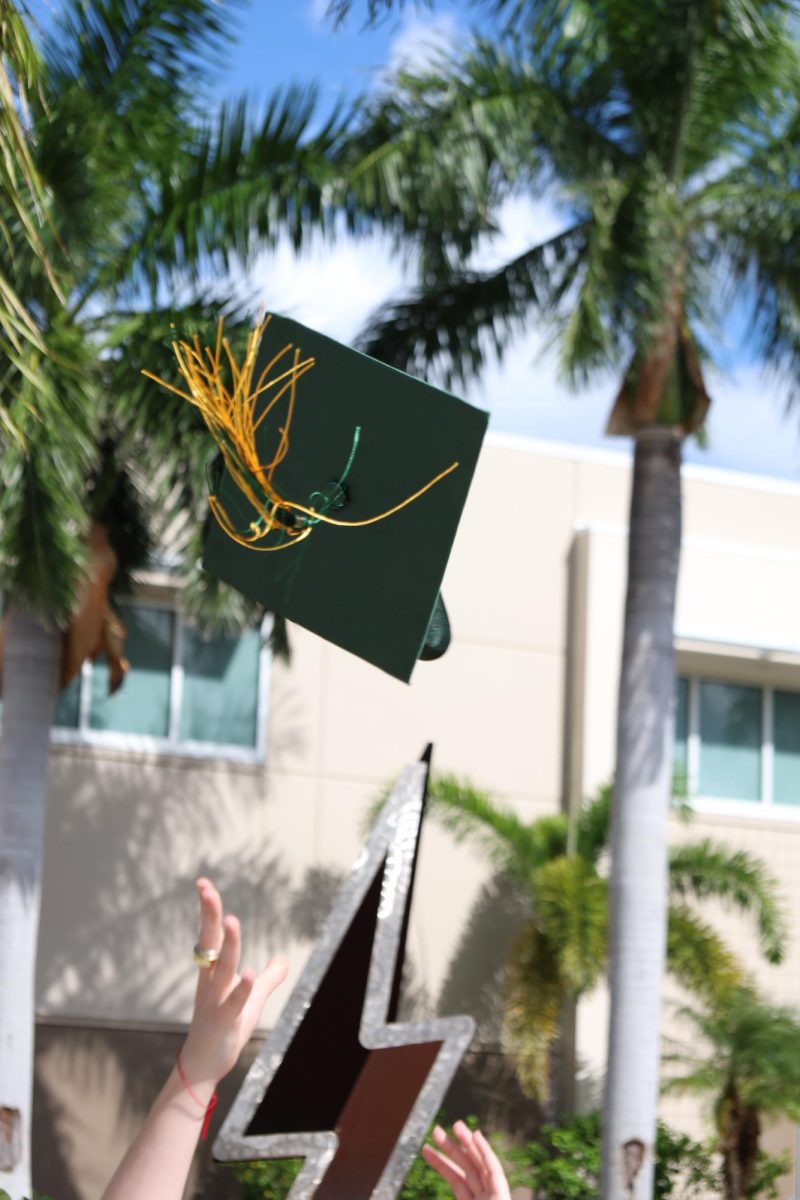
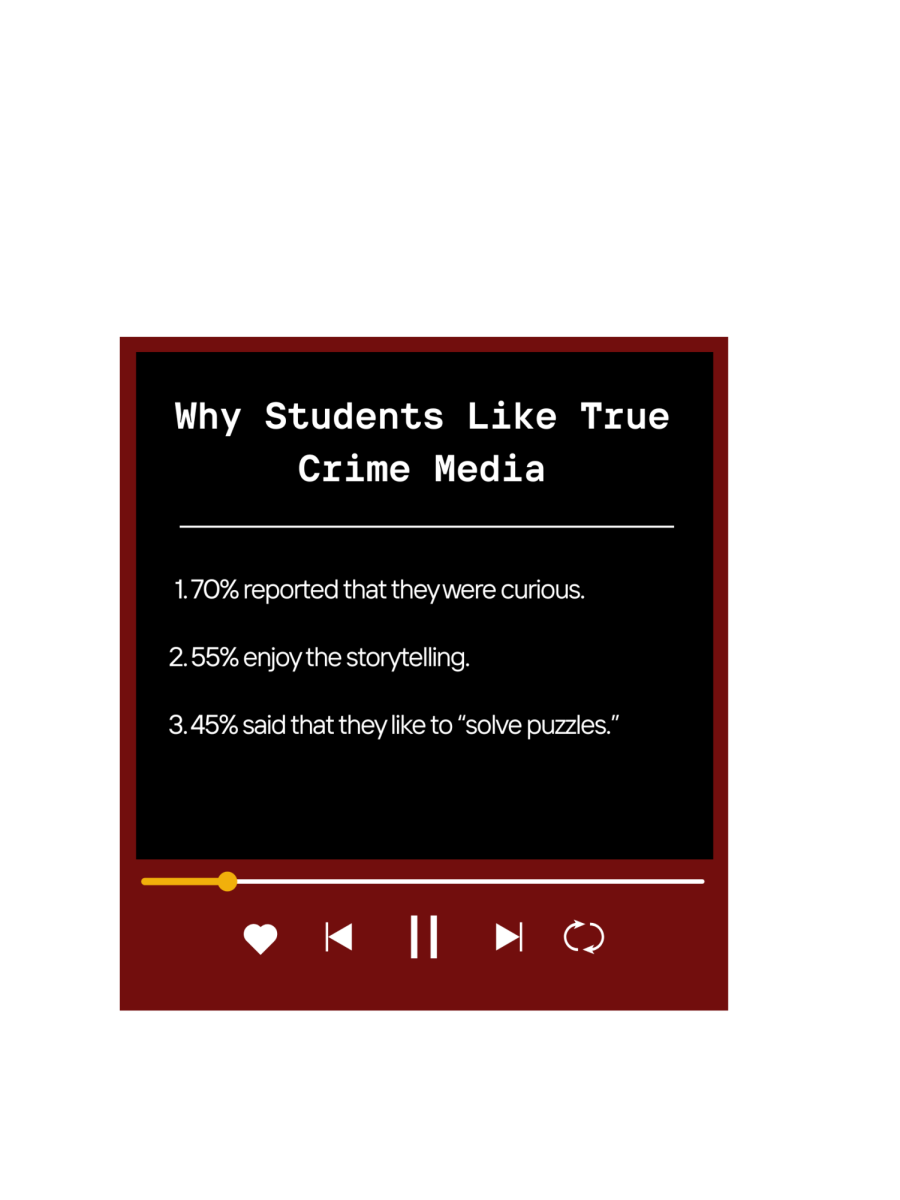






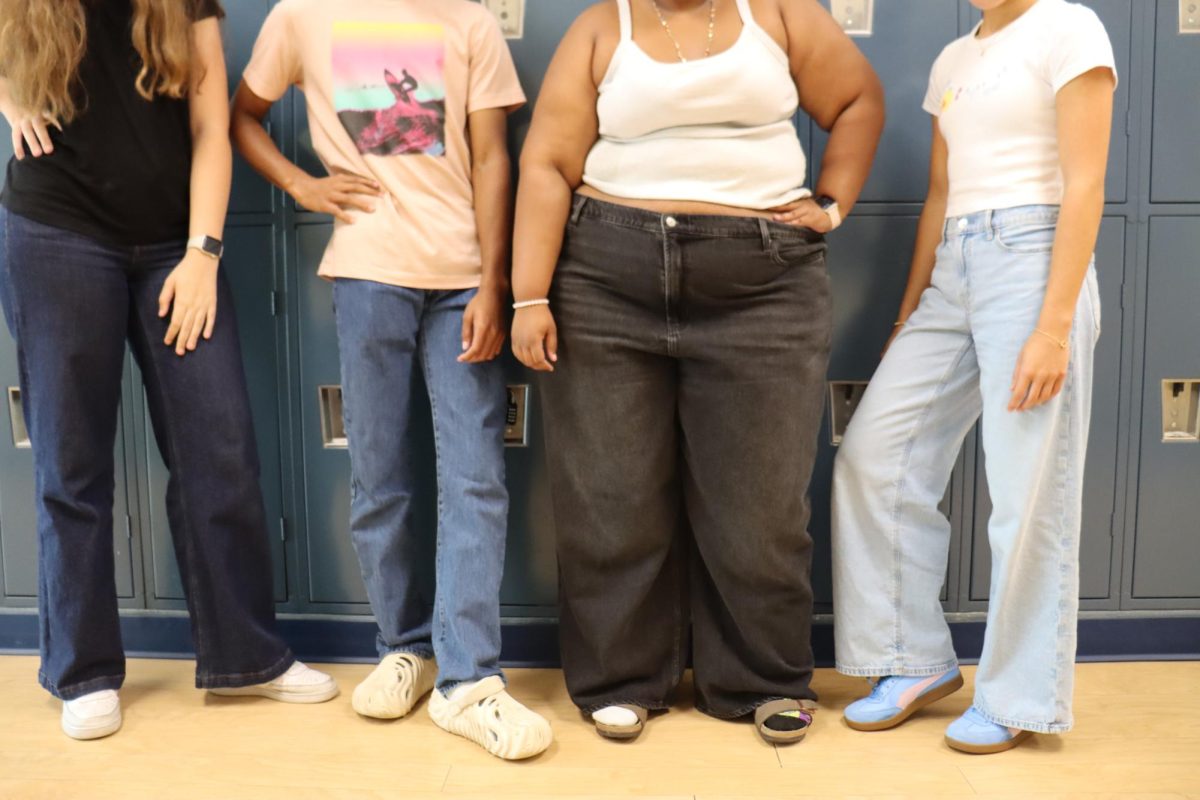
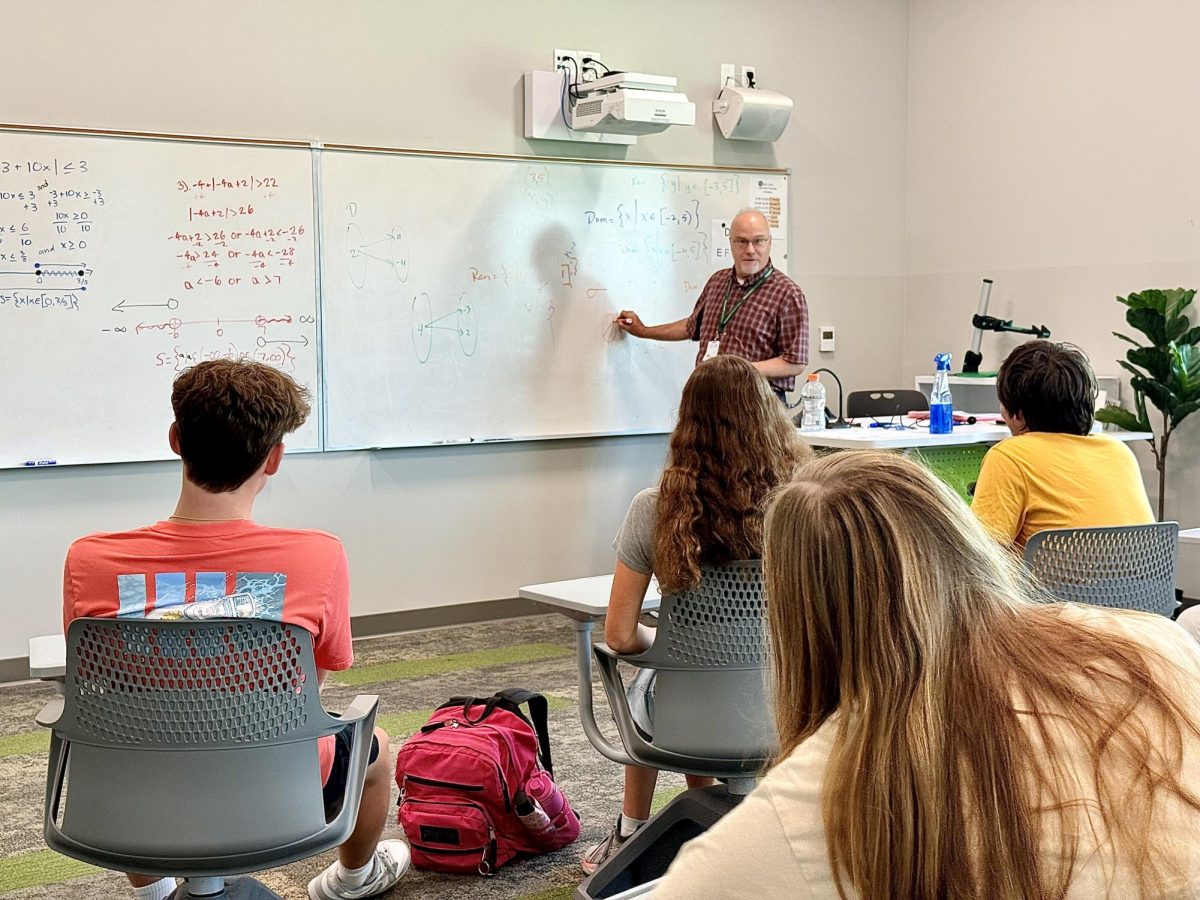





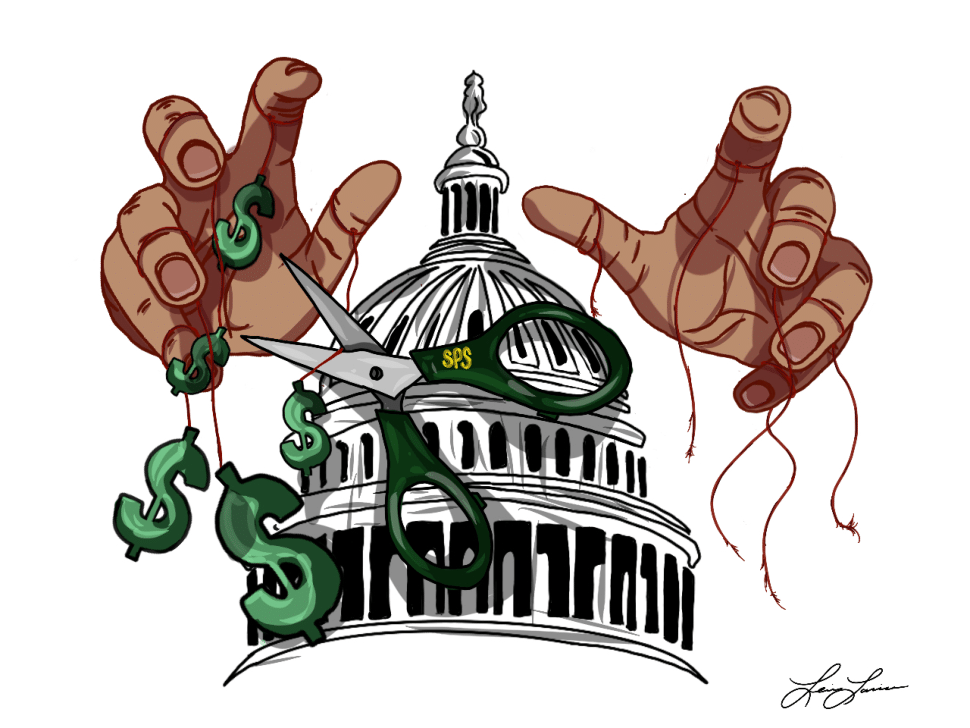



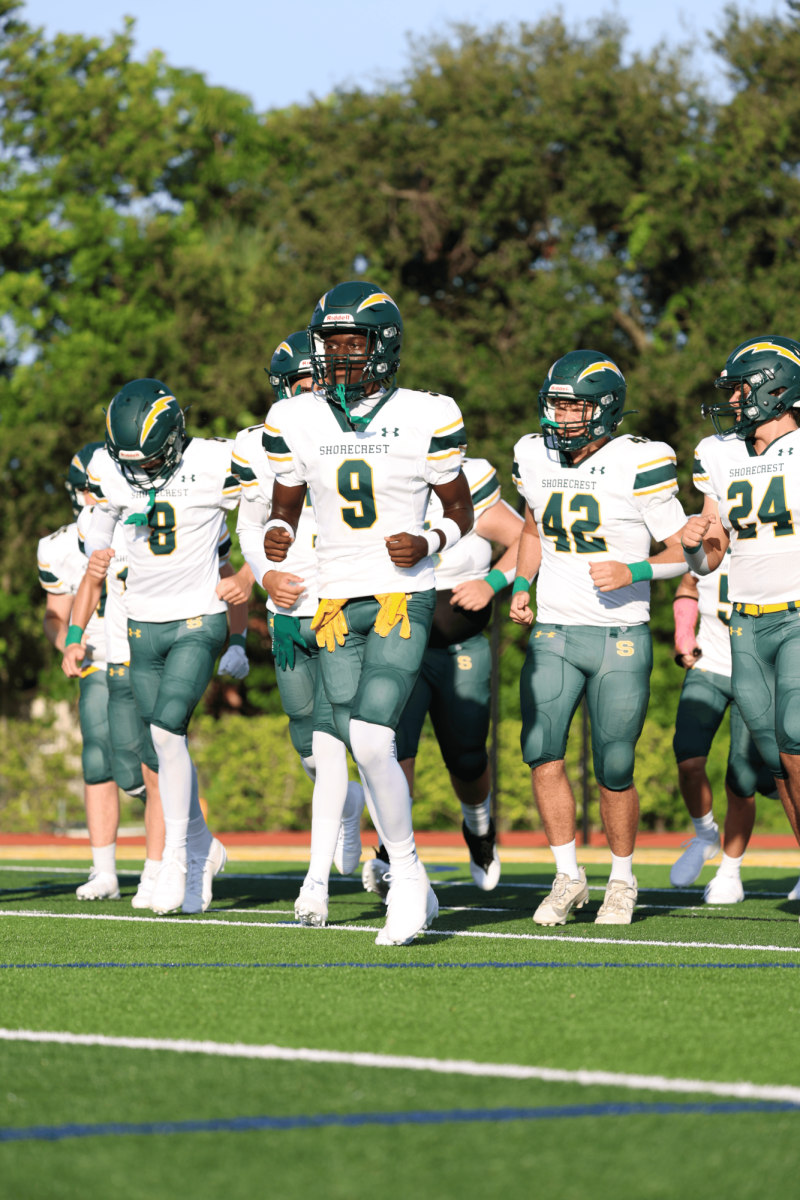




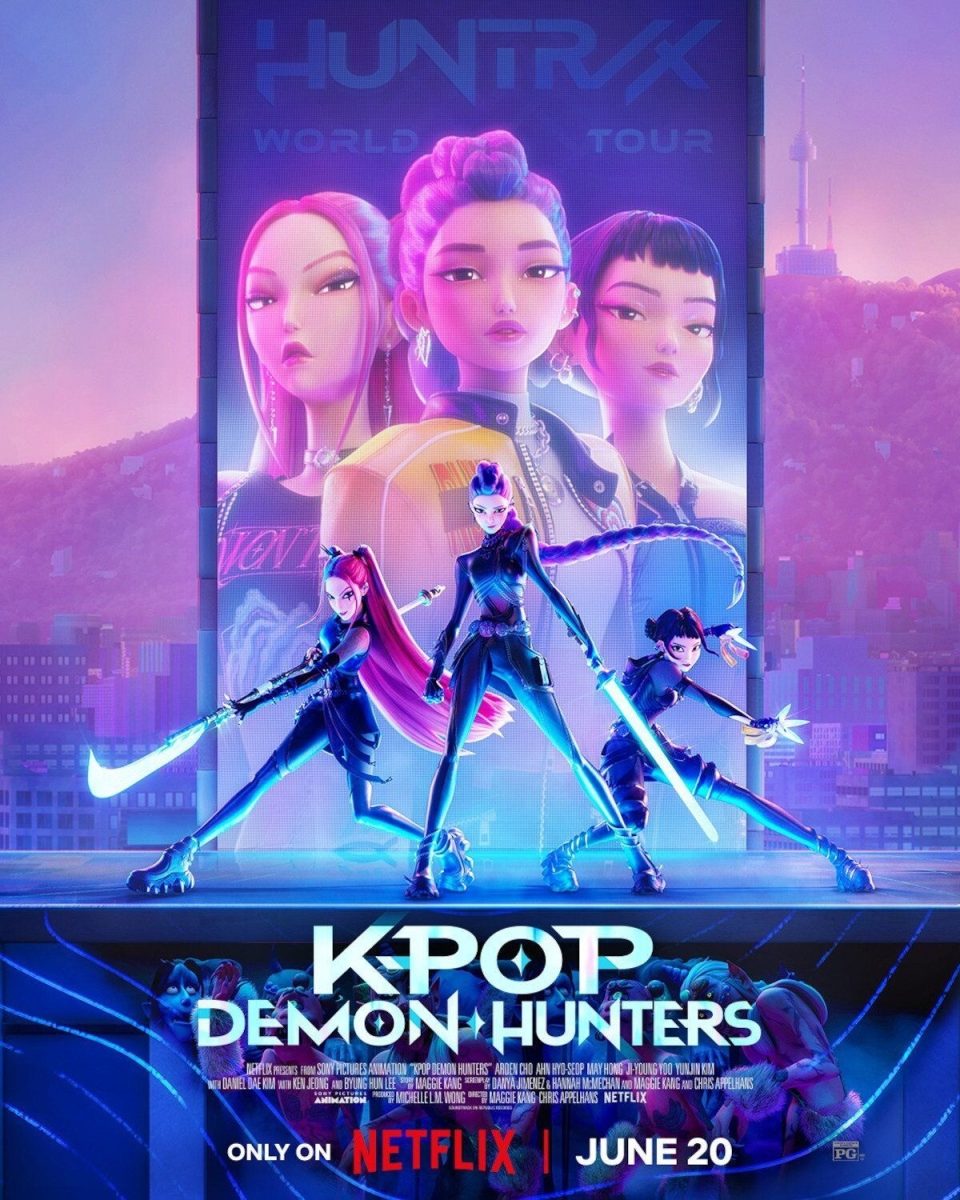



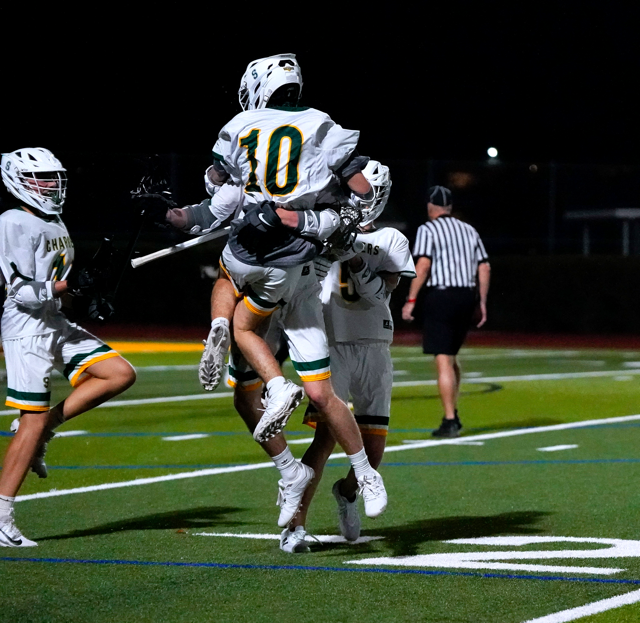


![Thespians pose on a staircase at the District IV Thespian Festival. [Front to back] Luca Baker, Maddison Cirino, Tanyiah Ellison, Alex Lewis, Summer Farkas, Jill Marcus, Ella Mathews, Sanjay Sinha, Isabella Jank, Sofia Lee, Boston Littlepage-Santana, Sally Keane, Tyler Biggar, Tanner Johnson, Jasper Hallock-Wishner, Remy de Paris, Alex Jank, Kaelie Dieter, and Daniel Cooper. Photo by Michael McCarthy.](https://spschronicle.org/wp-content/uploads/2024/12/image1-900x1200.jpg)

